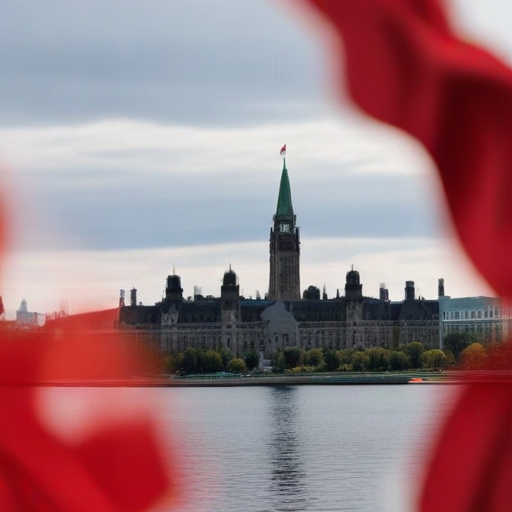Criticism of Prime Minister Justin Trudeau continues to mount, with many arguing that it is increasingly difficult to pinpoint where his administration’s failures begin and end. Trudeau’s penchant for gaffes and questionable behavior was evident long before he took office, and while these traits initially appeared to distract him from significant governance issues, that perception is quickly fading. The ongoing scandals and missteps within his government paint a more troubling picture.
Currently, Trudeau faces one of his most significant crises yet: a looming 25 percent tariff on Canadian goods from the incoming Trump administration. This potential tariff is linked to the U.S. request for Canada to curb the flow of drugs and migrants across the border. Given that the trade relationship between Canada and the United States is the most substantial in the world, with a staggering value of $926 billion in 2023, border security should be a top priority for Canada, making any trade threats a matter of national urgency.
However, Trudeau’s responses have raised eyebrows. He first had a dinner meeting with Trump at Mar-a-Lago, which seemingly yielded little progress. Subsequently, he criticized the United States during a speech at the Equal Voice Gala for International Human Rights Day, focusing instead on his personal agenda as a “proud feminist.” Furthermore, controversies erupted over the handling of cabinet positions, particularly the unexpected demotion of Finance Minister Chrystia Freeland, who later resigned amid the turmoil.
This shake-up coincided with Freeland’s presentation of a fiscal update that indicated a troubling budget deficit of $62 billion. Observers note that the government is yet to fulfill NATO defense spending commitments and is allocating only $1.3 billion for border security. The overall impression is that the government is more focused on maintaining power than addressing pressing national concerns.
Historical context reveals that Trudeau’s Liberal Party has transitioned significantly from its past achievements, such as fiscal discipline during the 1990s and a balanced approach to national unity. Today, some claim the party operates more as a personality cult surrounding Trudeau, with partisans increasingly intolerant of criticism, leading to terms like “Tru-Anon” to describe this dynamic.
As discontent grows, calls for Trudeau’s resignation are becoming louder, with some likening his approval ratings to those of Richard Nixon during the Watergate scandal. Observers assert that as long as Trudeau remains in office, Canada’s political instability will likely worsen, affecting its relationship with its most important ally. Freeland’s resignation letter emphasized the need to prioritize serious governance over political gimmicks, signaling a demand for decisive leadership during crucial times.
Despite the current challenges, there is hope that Canada’s political landscape may shift toward more responsible and effective leadership in the future. The pressing need for change could pave the way for a renewed focus on stability and national interests, a shift that many Canadians are eager to see.
In summary, Trudeau’s administration is facing mounting pressure due to ongoing scandals, economic challenges, and a need for decisive action on critical issues, prompting discussions about the future direction of Canadian politics.
